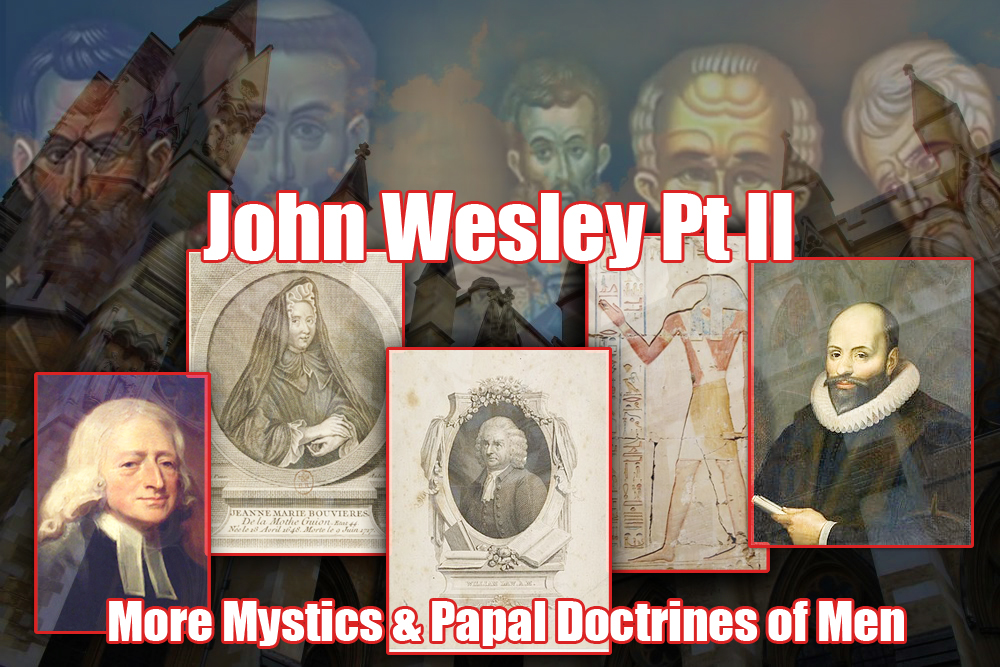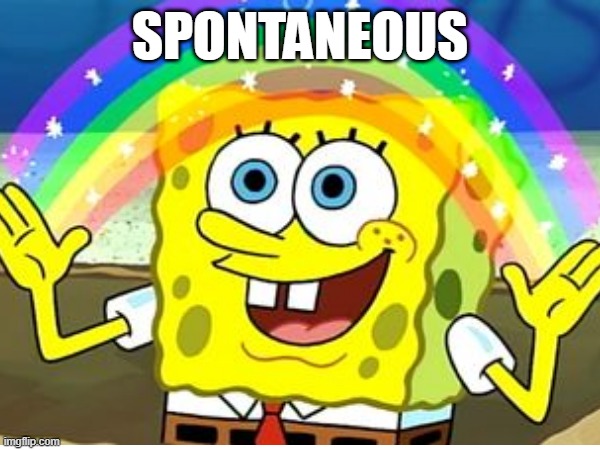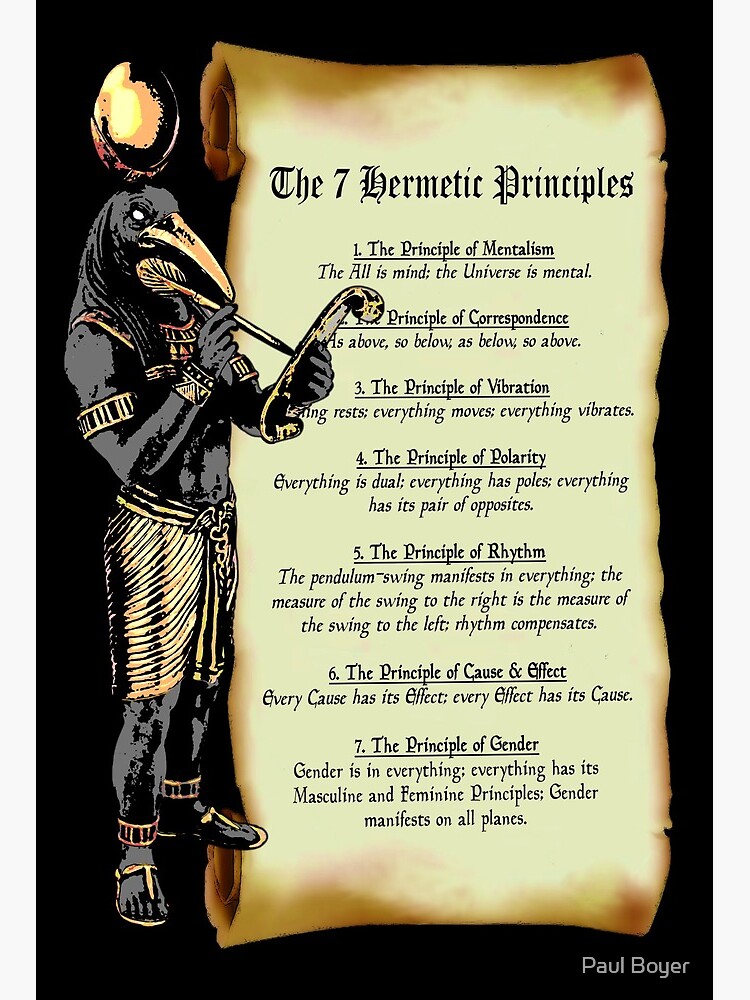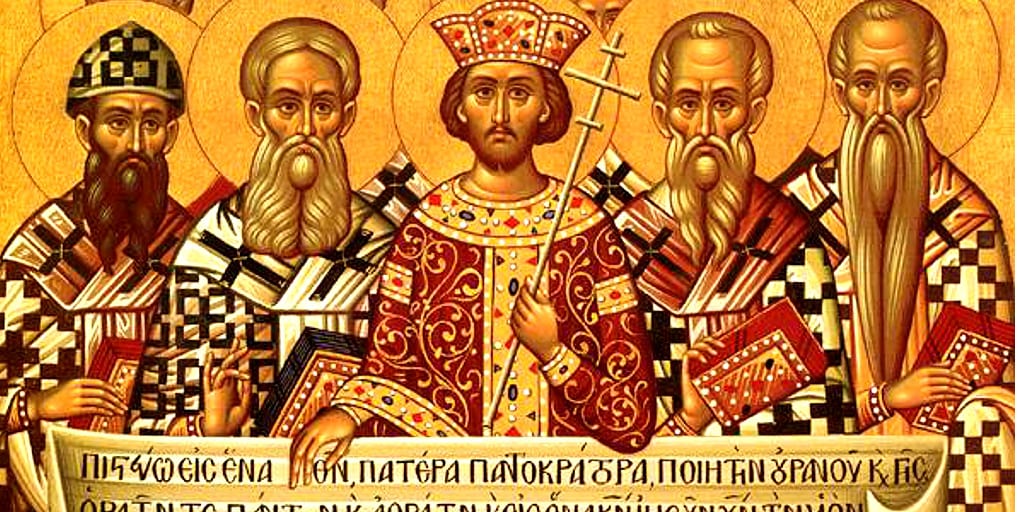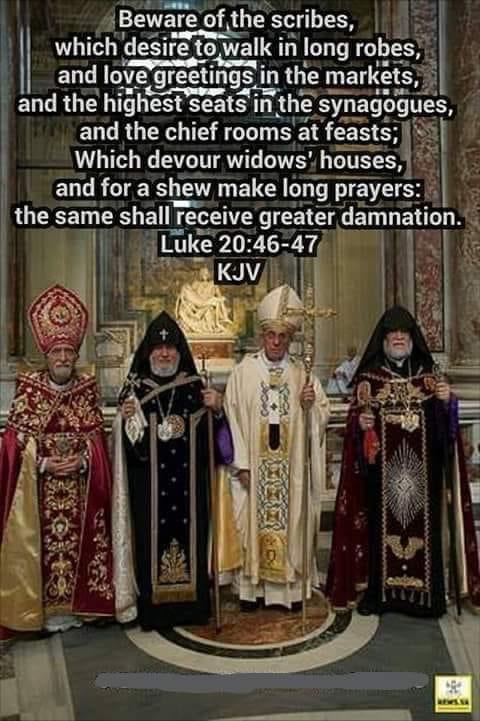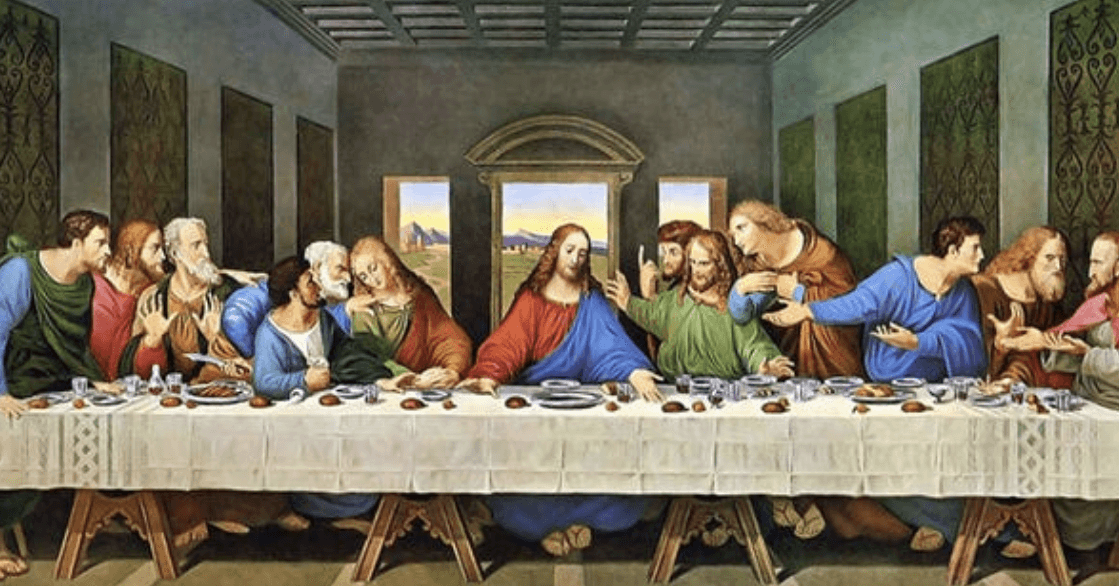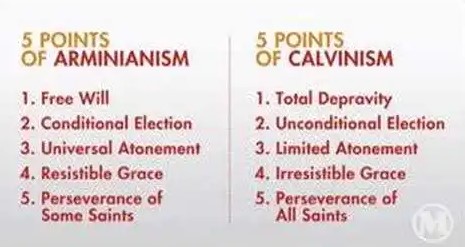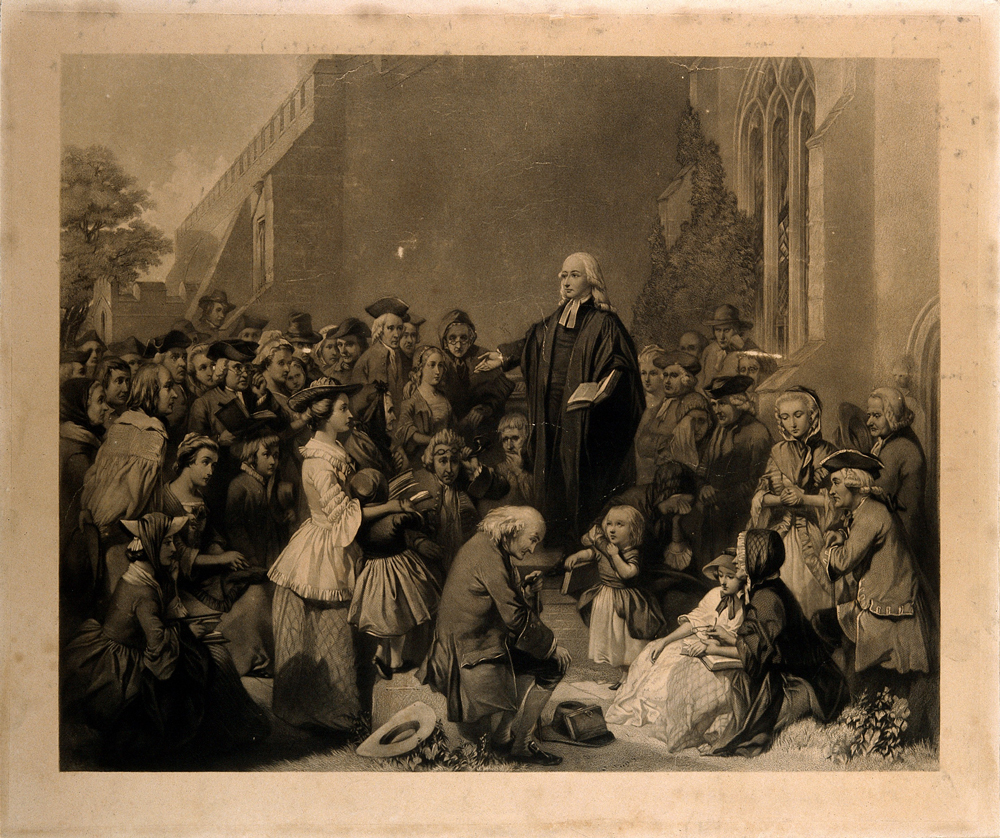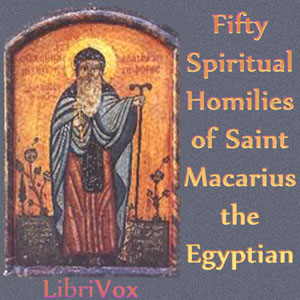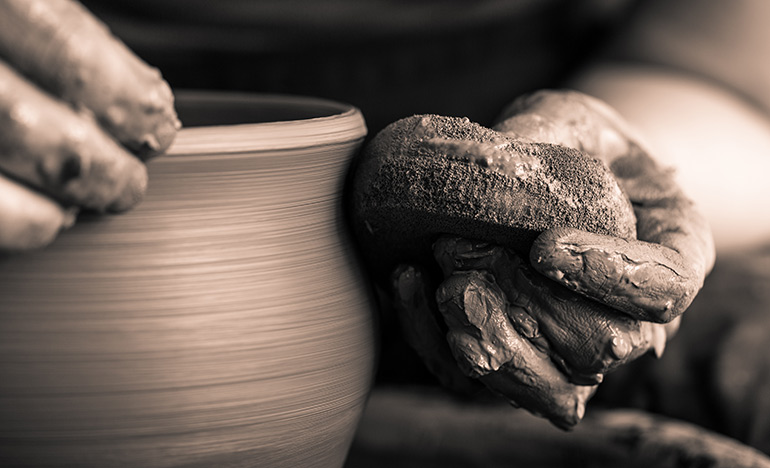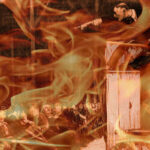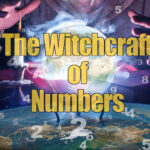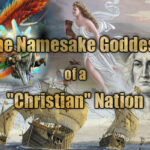This series was started in response to the supposedly spontaneous “revival” at Asbury University back in February. While I was working on this second part about John Wesley, a friend recently sent me a link to an article in PentecostalTheology.com showing that the event was pre-planned. Why am I not surprised? And what perfect timing, since Asbury is a Wesleyan University! From the article,
“The Asbury Revival started on February 8th, one week after the Collegiate Day of Prayer released the video you see below, and many months after the whole thing was planned by Francis Chan, Rick Warren and members of the New Apostolic Reformation. The plan from the beginning was to bring this man-made, no-gospel, seeker sensitive Laodicean mess to colleges all across America.” – PentecostalTheology

“Let’s ADOPT and saturate EVERY CAMPUS in America in prayer … and join us LIVE from Asbury University on Feb 23rd at 8-10pm ET with special guests Rick Warren, Francis Chan, Allen Hood and worship leaders from International House of Prayer, Circuit Riders + Black Voices Movement, and Met By Love Worship. Let’s believe God for REVIVAL amongst believers on college campuses and SPIRITUAL AWAKENING amongst the lost. Father, revive the saved and save the lost!!”– PentecostalTheology.com (caps & bold added)
Of all the manipulative nonsense… !?! Look at this:
“The revival was sparked by students spontaneously staying in Hughes Auditorium following a regularly scheduled chapel service on February 8, 2023. Following the gathering, Asbury President Kevin Brown sent out a brief two-sentence email: “There’s worship happening in Hughes. You’re welcome to join.“[4] The news of the phenomenon quickly spread through social media and in Christian online publications.[5] The revival has been compared to similar revivals at Asbury, notably one that took place in 1970, which had far-reaching consequences in Methodism, culture of the United States, and the growth of the Jesus movement. – Wikipedia
“As you may have heard in news reports, a spontaneous religious revival broke out Feb. 8 at an ordinary, scheduled chapel service at Asbury University in Wilmore.” – Kentucky.com
Friends, we are being played!
In a Feb 17, 2023 article in AdventMessenger.com entitled “Rick Warren is Going to Asbury University in an Effort to Spread the Revival to 20 Million Students on 4,300 College Campuses” we read,
“Rick Warren, a prominent figure and household name in evangelical Christianity, will be heading to the Asbury Revival to assist in bringing the movement to other college and university campuses across America. On February 23, 2023, Rick Warren and others who believe that the Asbury Revival is a powerful manifestation of God will host a Collegiate Day of Prayer at Asbury University…” – Source
Interestingly, and in keeping with evidence that the Counter Reformation never ended, on EWTN, a Catholic cable television network, Rick Warren said that Pope Francis was “our new Pope” and that in his capacity as Pope, he is “doing everything right.” Here’s the statement:

The film “Jesus Revolution” came out the very next day; February 24, 2023. But I’m sure that’s just a coincidence. 🤷♂️

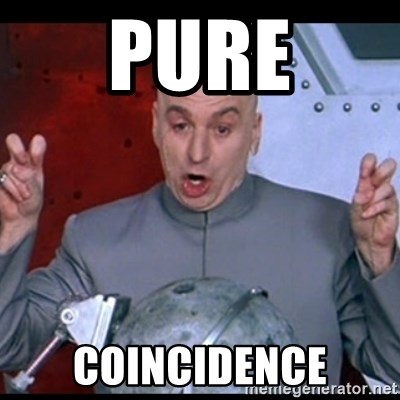
I do plan to get to the supposed “Jesus Revolution,” but today I’ll be looking at John Wesley.
Like I wrote previously, the Occult Mystery Schools repeatedly present a Dialectic, the chief one being Intellectualism and Mysticism, with the pendulum ever swinging from one side to the other to maintain balance between Terrestrial and Celestial – aka Mind and Soulish/Carnal Spirituality. (ie “As Above So Below”)

But we don’t need to go that deep. Point being, with the (occult’s) dialectics, we are only given only two extreme positions. We see this in politics with the Republican and Democratic party. This duality is the Hermetic Principle of Polarity that dates back long before the RCC. Like I covered in part two, the enemy has used these principles to rule men since at least the days of Egypt and Babylon. Probably before.
The Principle of Polarity – “Everything is Dual; everything has poles; everything has its pair of opposites; like and unlike are the same; opposites are identical in nature, but different in degree; extremes meet; all truths are but half-truths; all paradoxes may be reconciled” – Source
We’ve considered the Roman Catholic/Mystery School influence in George Whitefield and his boy’s home, and with Jonathan Edwards and John Wesley the Mystical element was added. Of course we can’t know men’s hearts, but the conflicts in these men’s lives and teachings clearly reflect RCC/Occult Mystery School thought and can’t be brushed off as “humans being prone to error.” Just like disinformation today, these men presented truth with just enough deadly deception to convolute the gospel.
I marvel that ye are so soon removed from him that called you into the grace of Christ unto another gospel: Which is not another; but there be some that trouble you and would pervert the gospel of Christ.” (Gal 1:6-7)
Entire books have been written about John Wesley. But I just want to look at some of the doctrines he held that affect the church today. Chiefly:
- Sacramentalism
- Armenianism
- Mysticism/Perfectionism
- Loss of Salvation
- Continuationism
- A Second Experience
First Some History
A contemporary of George Whitefield and Jonathan Edwards, Wesley was the leader of a revival movement within the Church of England known as Methodism (named for Wesley’s systematic method of trying to serve God every hour of the day) Sounds a little OCD to me… 🤔 Like Whitefield and Edwards, Wesley had a University education. Here are some highlights.
“Educated at [the elite] Charterhouse and Christ Church, Oxford, Wesley was elected a fellow of Lincoln College, Oxford, in 1726 and ordained as an Anglican priest two years later. At Oxford, he led the “Holy Club“, a society formed for the purpose of the study and the pursuit of a devout Christian life; it had been founded by his brother Charles and counted George Whitefield among its members….
[The Holy Club], however, was not without controversy. The Holy Club ministered and maintained support for Thomas Blair who in 1732 was found guilty for sodomy. Blair was notorious among the townspeople and his fellow prisoners, and Wesley continued to support him… [I was unable to find anything further concerning Blair, but this begs the question ‘Why would Wesley support this man?”]
[Wesley] taught Greek and philosophy[!?], lectured on the New Testament and moderated daily disputations at the university… Wikipedia
Wesley arrived in the [Georgia] colony in February 1736… and served as Christ Church’s parish priest… Wesley’s High Church ministry was controversial among the colonists… Geniuses.club
On 24 May 1738, he experienced what has come to be called his evangelical conversion, when he felt his “heart strangely warmed.” He subsequently left the Moravians and began his own ministry…”
After an unsuccessful ministry of two years, serving at Christ Church, in the Georgia colony of Savannah, he returned to London and joined a religious society led by Moravian Christians…
[The Moravians] were some of the earliest Protestants, rebelling against Rome some fifty years before Martin Luther. By the middle of the 16th century as many as 90 percent of the subjects of the Bohemian Crown were Protestant. [good reason to launch an official Reformation…] The majority of the nobility was Protestant[!], and the schools and printing-shops established by the Moravian Church were flourishing.
Moravians continue many of the same practices established in the 18th century, including placing a high value on a personal conversion to Christ (called the New Birth), piety, good works, evangelism (especially the establishment of missions), Christian pacifism, ecumenism, and music. – Wikipedia
Like Whitefield and Edwards, John Wesley convoluted the Gospel with Roman Catholic Sacramentalism and Mysticism adding the Armenian/Roman Catholic Perfectionism of the early “Church Fathers” (ie. Irenaeus, Clement of Alexandria, Origen, Macarius of Egypt and Gregory of Nyssa. This legalistic error teaches that a believer can lose their salvation.
I also found it interesting to read that, like Edwards, Wesley’s teachings were not popular in his own day. In fact, both men were ejected from congregations. And yet, in official University & Seminary education and elsewhere they are esteemed as pillars in Christian history.
Sacramentalism / High Church Divinity
I can already see some of your minds wandering … “Aw c’mon, leave the theology to the pastors.” 🥱
“His evangelicalism, firmly grounded in Sacramental Theology, maintained that means of grace sometimes had a role in sanctification of the believer; however, he taught that it was by faith a believer was transformed into the likeness of Christ. He held that, in this life, Christians could achieve a state where the love of God “reigned supreme in their hearts”, giving them not only outward but inward holiness. – Don Thorsen. The Wesleyan Quadrilateral: Scripture, Tradition, Reason, & Experience as a Model of Evangelical Theology.
What is Sacramentalism?
Sacramentalism, practiced by Whitefield, Edwards and John Wesley and much of the reformed church, is the belief that performing religious sacraments – aka WORKS – are required IN ADDITION TO the finished work of Christ. Both Martin Luther (1483–1546) and John Calvin (1509-1564) taught that salvation came only by grace through faith, but in practice both held to the Catholic doctrine of Sacramentalism, but Luther and Calvin only practiced two of the sacraments: infant baptism and holy communion. (The word “sacrament” is found nowhere in the New Testament).
Then, where does it come from? 🤔
It came from those dudes. ☝
Sacramental theology is a product of Roman Catholicism, as explained in an article by A Catholic Response;
Through Christ’s Church – the Catholic Church, we can come to a knowledge of the truth (1 Tim 3:15; Matt 16:18). Through the Sacraments we receive God’s saving grace as a free gift. But afterwards we must cooperate with that grace, since we have the free will (choice) to reject God at anytime through serious disobedience, i.e. mortal sin. After receiving God’s redeeming grace in Baptism, we must continue to “work out (our) own salvation with fear and trembling” [Philip 2:12]. Through Confession, we can ask God for His continuing merciful forgiveness and more graces to help us resist sins in the future. As sinners we are not assured of our salvation. But Christians, who faithfully use the Sacraments – Channels of God’s saving grace – without giving up, can certainly hope for salvation. (CatholicNewsAgency.com – bold added)
But hold on a minute… we get baptized and participate in the Lord’s supper. So they do some extra stuff with robes and ceremonies. As long as they love Jesus, what’s the big deal? 🤨
Yes, the New Testament Church we observe two symbolic ordinances. These are very different from sacraments. The ordinances are:
Water baptism which symbolizes the Gospel, showing outwardly what has happened inwardly, that we have repented from trying to gain eternal life on our own and placed our faith in the death, burial and bodily resurrection of the Lord Jesus Christ.
The Lord’s Supper which symbolizes Christ’s broken body and shed blood for our sins on the cross. We do this in remembrance of the Lamb of God Who gave Himself for us.
But nowhere does the scripture teach that practicing these ordinances bestows any special grace. They are purely symbolic. That’s because religion cannot produce new spiritual birth by the Holy Spirit of God.
For they being ignorant of God’s righteousness, and going about to establish their own righteousness, have not submitted themselves unto the righteousness of God. For Christ is the end of the law for righteousness to everyone that believeth. (Rom 10:3-4)
Armenism vs Calvinism
Wesley and Calvin both asserted the total depravity of humanity, but Wesley’s view of God’s grace and election is very different from Calvin’s limited atonement and predestination.
Both Calvin’s Predestination and Arminius’ Free-Will can be argued with scripture, so the debate continues. That is by design. Calvin’s Predestination and Armenius’ Free Will represent yet another Dialectic, both containing just enough error to qualify as “another gospel.” As I covered in the last post, this is the way the Mystery Schools have always worked, counterfeiting God’s truth and ever keeping man’s focus on this temporal world, be it through intellect or (emotional) occult spirituality (Mysticism). This serves to convolute the Gospel of Jesus Christ and true spirituality.
John Calvin’s teachings on salvation are known by the acronym, T-U-L-I-P:
Total Depravity (man is utterly wicked and has no freewill to come to God but must be enabled)
Unconditional Election (God Chooses Who Will Be Saved)
Limited Atonement (Christ only died for the “elect” not everyone)
Irresistible Grace (God forces salvation upon those He has chosen)
Perseverance Of The Saints (Those who are saved will demonstrate holy living. If they don’t, it is evidence they are not saved)
According to Bibleanswers.com, there are 5 major points of disagreement between Calvinists and Arminians:
- The extent of man’s depravity
- Whether election is conditional
- The extent of Christ’s atonement
- The nature of God’s grace and
- Whether Christians will/must persevere in the faith to retain their salvation. (Loss of Salvation vs Eternal Security (OSAS)”)
An article about Arminius in Encyclopiedia2 (which seems to have vanished from the wordwide web along with many other things these days 🤨 – If you know how, it’s a good idea to be downloading important articles and videos) states.
“There were those who drew back from [Calvin’s] idea that a good God would create people who had no hope for salvation. One of these was a distinguished Dutch pastor and professor named Jacobus Arminius. Although his training had been thoroughly Calvinistic and had even taken place under the direction of Calvin’s successor, when called upon to refute a scholar who rejected this aspect of reformed theology, Arminius came to the reluctant conclusion that he couldn’t do it.
He still believed in predestination, but he came to understand that God predestined those who, based on God’s foreknowledge, would have chosen salvation if they could. Of course, their depravity made such a choice impossible, so God had to step in and intervene.
Here the plot thickens, because this belief opened doors long thought closed forever. Way back in the sixth century, some of the most important works written by Augustine, the favorite theologian of the reformers, were published to oppose the views of Pelagius, a British monk, who believed humans had free will either to accept or oppose God. Pelagius had completely rejected original sin and the corruption of human nature that forces us to sin. This battle between Augustinians and Pelagians lasted seven years and was known as the Pelagian Controversy. The Pelagians were decreed heretical…
Now along came the Arminians who, while distancing themselves from Pelagianism by insisting that it was only by the foreknowledge of God that people could do good, seemed to be skirting near the same, heretical ground.” – Encyclopiedia2
Neither Calvinism nor Armenianism addresses the spiritual reality that the matter is beyond human understanding and belongs to God alone. As CompellingTruth.org writes,
So, while it is valuable to understand the differences between Calvinism and Arminianism, ultimately, they are both human attempts to explain divine concepts[!] Yes, God is absolutely sovereign over salvation. Yes, humanity is fully responsible for receiving the gift of salvation God offers. How these two truths work together is the essence of the Calvinism vs. Arminianism debate. But, whether Calvinism or Arminianism is correct, or some compromise between Calvinism and Arminianism is correct, our responsibility remains the same. We are to proclaim the gospel of salvation through Jesus Christ to the entire world (Matthew 28:19-20; Acts 1:8).” – CompellingTruth.org
AMEN!
Perfectionism / Holiness / Mysticism
What is Christian Perfectionism?
“Christian perfection is a theological concept within some sects of Christianity that aims to describe a process of achieving spiritual maturity or perfection. The ultimate goal of this process is union with God characterized by pure love of God and other people, as well as personal holiness or sanctification. Various terms have been used to describe the concept, such as Entire Sanctification, Perfect Love, the Baptism with the Holy Spirit, the Indwelling of the Holy Spirit, Baptism by Fire, the Second Blessing, and the Second Work of Grace.” – Wikipedia (caps & bold added)
Christian Perfectionists maintain that believers can live a life of sinlessness here and now. In other words, we don’t have to wait for the glorification that God’s redeemed people will enjoy in the world to come. The teaching originates with the Roman Catholic Mystics and is yet another Catholic doctrine that Wesley brought into Protestantism.
Martin Lloyd Jones wrote about Wesley’s Perfectionism and Continuationism,
“Roman Catholic mysticism was key to the development of the perfectionism and continuationism of John Wesley.
John Wesley . . . says that he began his teaching on Perfection in 1725 . . . [although he] was not converted [on his own testimony] until 1738 . . . [h]ow did he come to teach it? His father and mother . . . had both been interested in . . . Roman Catholic mystical teaching . . . and had read a great deal of it…
John Wesley had read [in addition to other Romanist mystics such as] . . . Tauler . . . Thomas à Kempis . . .[and the] ‘Protestant mystic . . . [who] wrote a book on Perfection . . . William Law,’ but he was influenced “in particular [by]. . . Madame Guyon . . . [and] the Roman Catholic Archbishop Fénelon,” although the Romanist mystic “Marquis or Baron de Renty” was probably Wesley’s single “favorite author,” eclipsing even Guyon and Fénelon.” – Lloyd-Jones. The Puritans: Their Origins and Successors. pgs. 307-308 *links provided for further study.
Let’s look at a couple of these people. We covered Kempis in the last article. Lloyd Jones mentions Wesley’s Perfectionism as reflecting the influence of Church of England Priest/Perfectionist William Law (1686 – 1761) who he greatly admired.
Not this guy:
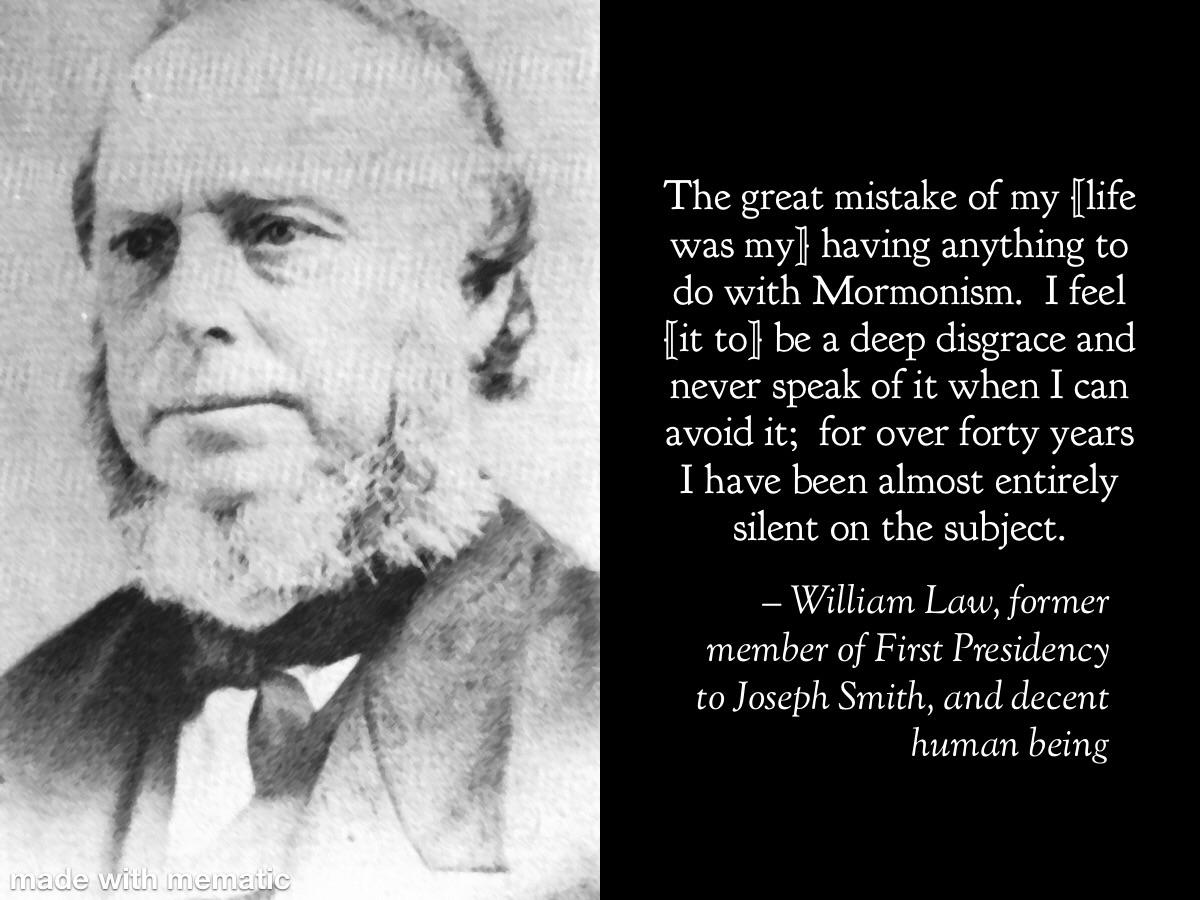
We might get into Mormonism a little later on. But I’m referring to this one:
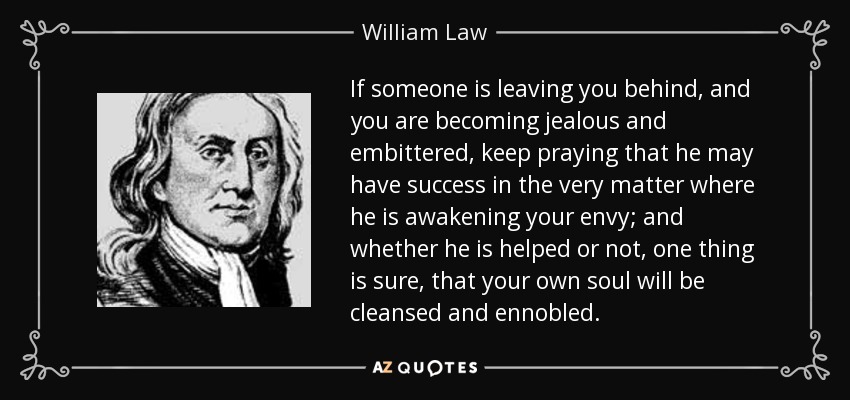
You can find a lot of cool-sounding quotes by him, but Law was a Perfectionist; a “Lawkeeper.” His book A Serious Call to a Devout and Holy Life (1729) and A Practical Treatise Upon Christian Perfection (1726) deeply influenced revivalists John and Charles Wesley, George Whitefield and others.
Wesley’s doctrine of Christian Perfection was also influenced by Ascetic/Mystic (Catholic) monk, Macarius the Egyptian.
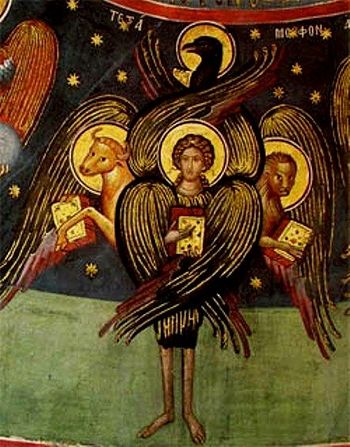
There is a clear link between Law-Keeping / Holiness / Perfectionist doctrines and the Occult.
Let that sink in for a minute.
The “Ascetic Mystics” in the RCC who Wesley and other Reformers idealized were Catholic Monks & Clergy. There are many, especially Catholics, who don’t believe that Roman Catholics would practice the Occult. For instance, they might know about the Knights Templar, but not realize that the military order practiced the Occult and worshiped Baphomet (the Jesuits, who are Crypto Jews, are the revived Knights Templar). Certain Popes have also practiced Occult arts as Occultist H.P. Blavatsky wrote.
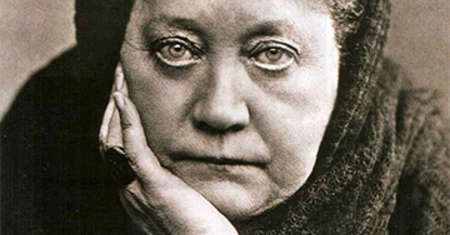
“One would think Esoteric philosophy and especially the Occult Arts, or Magic, were an abomination to these good holy fathers? And so indeed they would have the world
believe. But when one studies history and the works of their own authors published with 7 Meaning the majority of the highest ranking and most prominent Nazis, then men at the very top. the imprimatur of the Order, what does one find? That the Jesuits have practised not only Occultism, but BLACK MAGIC in its worst form, more than any other body of men; and to it they owe in large measure their power and influence!” -Lucifer Volume II by H. P. Blavatsky page 264
So when we discuss Reformers who were fascinated with Mysticism, we’re talking about Reformers who are fascinated with the Occult.
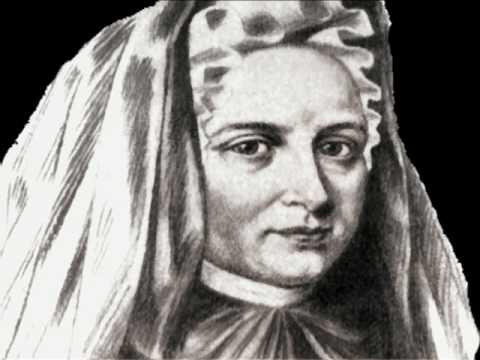
Another Mystic who greatly influenced Wesley was Jeanne-Marie Bouvier de la Motte-Guyon (1648-1717) (aka Madame Guyon) who joined a group of ascetic Catholics led by a Barnabite monk named Francios La Combe who taught that meditation of God requires a passive (quiet) state of contemplation; an extreme type of mysticism that became known as Quietism:
“The school of mysticism that Guyon adhered to, sometimes called Quietism, was an extreme form of Roman Catholic Mysticism that emphasized the cleansing of one’s inner life and included the belief that one could see Christ visibly. Before Guyon’s day, in the Middle Ages, this took strange forms in erotic ‘bride mysticism’ with some visionaries believing they were married to Jesus. Guyon and the Quietists went further, into something called essence mysticism. They believed that their being was merged with God’s being and the two became one. This unbiblical idea survives today in the New Age and other non-Christian religions. … She taught that we can know of God by ‘passing forward into God,’ going into a mindless, meditative state where we can get in touch with the Christ within the self, merge with that Christ and be lifted into ecstasy” – The Mindless Mysticism of Madame Guyon
Guyon’s influence on Wesley is well documented. The chapter on Madam Guyon in his book, “Deeper Experiences of Famous Christians,” James Gilchrist Lawson writes,
“Madam Guyon, the celebrated French Mystic, was one of the greatest Christian leaders of all time….And not only was her influence felt throughout her native land of France, but all over Europe. Fenelon, John Wesley, and other great spiritual leaders have acknowledged that they were greatly indebted to Madam Guyon for the deep spiritual lessons learned from her life and writings.” – James Gilchrist Lawson, Deeper Experiences of Famous Christians
In his book “Heroes of the Holy Life,” Wesley L. Duewel has two chapters on Madam Guyon. He writes,
“Her holy life greatly influenced many in Europe, and her anointed writings had a profound effect on the Roman Catholic archbishop Fenelon, the Society of Friends, and John Wesley.”
In Wikipedia we read,
In the year of his ordination [Wesley] read Thomas à Kempis and Jeremy Taylor, showed his interest in Mysticism, and began to seek the religious truths which underlay the great revival of the 18th century. The reading of William Law’s Christian Perfection and A Serious Call to a Devout and Holy Life gave him, he said, a more sublime view of the law of God; and he resolved to keep it, inwardly and outwardly, as sacredly as possible, believing that in obedience he would find salvation. He pursued a rigidly methodical and abstemious life, studied Scripture, and performed his religious duties diligently, depriving himself so that he would have alms to give. He began to seek after holiness of heart and life. Wikipedia (bold, underline and links added)
On page 18 of his book, “Wesley and the Men Who Followed,” Iain H. Murray writes,
“By that date (1729) he had become concerned about his soul and particularly how he was to find inward holiness…
The writings of the Mystics were thus a second powerful influence on Wesley’s thinking and undoubtedly influenced his decision to go to America in 1735.” – Murray, Wesley and the Men Who Followed
Later in the book Murray writes,
“I have already mentioned the three main sources, next to the Bible, which moulded [Wesley’s] thought – High Church divinity, Christian Mysticism and Moravian Evangelicalism. It would be a mistake to suppose that the influence of the first two ended when he embraced the third.” – ibid
You can read more on the Mystics Wesley followed in the links provided above. But rather than writing a book… let’s move on to a hot-button topic of our day that we can credit to Wesley.
Eternal Security (OSAS) vs the Possibility of Losing Your Salvation
This ought to generate some hate mail…
“I believe a saint may fall away; that one who is holy or righteous in the judgment of God himself may nevertheless so fall from God as to perish everlastingly.” (John Wesley Works, vol. 6 pg. 81, )
As a result of his Perfectionism, Wesley was the first Reformer to teach that a believer could “backslide” into sin and lose his salvation. The debate over this continues today with those adhering to this works-based teaching condemning the biblical doctrine of Eternal Security (“OSAS”) as heretical. But when we deny the finished work of Jesus Christ, we place both salvation and the sustaining of that salvation onto men’s shoulders. The New Testament is very clear that grace, salvation and faith do not come through our own effort but are gifts from God.
For by grace you have been saved through faith. And this is not your own doing; it is the gift of God, not a result of works, so that no one may boast. (Eph 2:8-9)
To see where this false teaching originates, let’s glance at that article in A Catholic Response again;
“Through Christ’s Church – the Catholic Church, we can come to a knowledge of the truth (1 Tim 3:15; Matt 16:18). Through the Sacraments we receive God’s saving grace as a free gift. But afterwards we must cooperate with that grace, since we have the free will (choice) to reject God at anytime through serious disobedience, i.e. mortal sin. After receiving God’s redeeming grace in Baptism, we must continue to “work out (our) own salvation with fear and trembling” [Philip 2:12]. Through Confession, we can ask God for His continuing merciful forgiveness and more graces to help us resist sins in the future. As sinners we are not assured of our salvation. But Christians, who faithfully use the Sacraments – Channels of God’s saving grace – without giving up, can certainly hope for salvation.” (CatholicNewsAgency.com – bold added)
Compellingtruth.org addresses the Calvinist / Armenianist controversy over Eternal Security,
“Calvinists and many Arminians believe “once saved, always saved.” Because the saving work is done by God alone, believers cannot lose their salvation. Some Arminians, however, believe that mankind has so much influence in their own salvation that their actions can cause God to revoke it. They believe we must continually reject sin and live a godly life in order to maintain our position with God… CompellingTruth.org
Who shall bring any charge against God’s elect? It is God who justifies. Who is to condemn? Christ Jesus is the one who died—more than that, who was raised—who is at the right hand of God, who indeed is interceding for us.10 Who shall separate us from the love of Christ? Shall tribulation, or distress, or persecution, or famine, or nakedness, or danger, or sword? As it is written,
“For your sake we are being killed all the day long;
we are regarded as sheep to be slaughtered.”
No, in all these things we are more than conquerors through him who loved us. For I am sure that neither death nor life, nor angels nor rulers, nor things present nor things to come, nor powers, nor height nor depth, nor anything else in all creation, will be able to separate us from the love of God in Christ Jesus our Lord. (Rom 8:33-39)
The belief that you can lose your salvation reflects a faulty understanding of the Gospel of Jesus Christ. Please refer to the article–> “What The Devil REALLY Doesn’t Want You To Know – Christian: Do You Know Who You Are.”
The Dialectic of Cessationism vs Continuationism
John Calvin’s Cessationism taught that the supernatural gifts of the Holy Spirit found in the book of Acts are no longer present today. We recognize a dialectic response to the false “Miracles” / Mysticism in the Catholic Church. Wesley’s Continuationism brought yet another dialectic. Rather than a return to believing that the miracles in the book of Acts which served the singular purpose of pointing to Jesus, Wesley once again opened the door to Mysticism.
I don’t know how Jonathan Edwards reconciled his Calvinist beliefs with some of the mystical phenomenon at his meetings. But I have to keep in mind that these “pillars” of doctrine, these “heroes” of Protestantism (at least those I’ve looked into) brought truth mixed with error. Croatian professor of theology Dojcin Zivadinovic quotes Wesley explanation for the decline in the spiritual gifts since the days of the early Christians.
“The cause of this [decline of spiritual gifts following Constantine] was not, (as has been vulgarly supposed,) ‘because there was no more occasion for them,’ because all the world was become Christians. This is a miserable mistake; not a twentieth part of it was then nominally Christian. The real cause was, ‘the love of many,’ almost of all Christians, so called, was ‘waxed cold.’ The Christians had no more of the Spirit of Christ than the other Heathens. The Son of Man, when he came to examine his Church, could hardly ‘find faith upon earth.’ This was the real cause why the extraordinary gifts of the Holy Ghost were no longer to be found in the Christian Church; because the Christians were turned Heathens again, and had only a dead form left. – John Wesley, quoted by Dojcin Zivadinovic – Wesley and Charisma: An Analysis of John Wesley’s View of Spiritual Gifts.
In the same study, Zivadinovic writes,
“His insistence upon the gifts of the Spirit also stemmed out of the early days of Methodist revival (1739-1759) where many individuals in London, Oxford and Bristol reported supernatural healings, visions, dreams, spiritual impressions, power in evangelizing, extraordinary bestowments of wisdom and so on. Wesley held that after justification, the Spirit gives one gift or talent but a sanctified man receives five.” ibid
I find no scriptural reason to believe that God’s ability to perform these gifts has ceased. But spiritual gifts need to be viewed with great discernment, especially in the deceptive times we are living in, because they can be and are counterfeited by the devil of hell.
Beloved, do not believe every spirit, but test the spirits to see whether they are from God, for many false prophets have gone out into the world. (1 Jn 4:1)
A Second Experience
Wesley wrestled with doubts over his own salvation, and upon having an affirming spiritual experience (like Whitefield and Edwards), he began to teach that there were two distinct phases in the Christian experience:
The New Birth – when the believer received forgiveness and became a Christian.
The Second Work of Grace – when the believer was purified and made holy; entire sanctification or Christian Perfection.
David Needham beautifully addresses the subject of a second experience in his book Birthright: Christian do you know who you are?
“Every year I plant a row of pole string beans in our backyard. Soon after a seed sprouts in the damp spring soil, its tendril begins to reach upward. Moving back and forth. Searching. Groping for something that will direct its climb. Eventually, if it finds nothing, it will collapse to the dirt. Continuing to twist and turn it will often grab hold of itself in a desperate attempt to find some support for climbing. Ultimately it will become a tangled confusion with a pittance of the harvest it might have had.
“But if it finds a pole…it will become artistry in motion. Climbing higher and higher. Lush foliage, blossoms. And long, crisp string beans.
Biblical truth concerning God – His Lordship – is that pole, that object around which the Spirit will entwine God’s child. By nature he reaches upward; by the Word of God he finds direction.
But because so many converts begin at ground zero as to God’s truth, they may for years know only the depression and frustration of attempting to reach upward (for “reaching upward” is characteristic of their truest nature, cf. Romans 7:18-20), only to fall back in defeat and introspection. After a few stabs at reaching out for whatever comes along, they may out of sheer desperation attempt to climb upon themselves through legalism or self-created experience. And then one day – perhaps very suddenly – they at last grasp those things they should have known long before – the precious things from God. And they cry “Jesus is Lord!”
With this cry comes such a release of the Spirit it is as though they had never lived before! Sincerely looking for some scriptural title to their new-found jubilation, they might call this “the baptism,” or “the filling,” or “the anointing.” Or any number of other titles which may or may not stand the test of the Scriptures. But something did happen and life would never be the same again. Christ is Lord.” – D. Needham, Birthright, pg 172 (Needham goes into this in greater depth in his book which I highly recommend).
Some More Facts & Beliefs
Freemasonry
The only mention of Freemasonry I was able to turn up in connection with Wesley was a brief note in his journal,
“Fri. 18 – I went to Ballymena, and read a strange tract, that professes to discover ‘the inmost recesses of Freemasonry;’ said to be ‘translated from the French original, lately published at Berlin.” – Journal, authorized edition vol.3 p.500 from June 18, 1773
Wesley’s Believed:
That church buildings should separate men and women.
Wesley believed that religious buildings should “be parted in the middle by a rail running all along, to divide the men from the women.”
In ghosts and other paranormal phenomena.
Wesley believed there was a ghost known as “Old Jeffrey” in the Epworth parsonage where he grew up. Wesley actually believed the “ghost” was a demon or a messenger of Satan, sent to afflict his father for his rash promise of leaving the family.
Like Augustine before him, Wesley believed in the perpetual virginity of Mary, Jesus’ earthly mother.
The difference being that Augustine was Catholic while Wesley was not. In his “Letter to a Roman Catholic,” Wesley stated,
I believe that he [Jesus] was made man, joining the human nature with the divine in one person; being conceived by the singular operation of the Holy Ghost, and born of the blessed Virgin Mary, who, as well after as before she brought him forth, continued a pure and unspotted virgin.
In the Heliocentrism of the Scientific Revolution
“He knows how the stars, comets, or planets above influence the inhabitants of the earth beneath; what influence the lower heavens, with their magazines of fire, hail, snow, and vapors, winds, and storms, have on our planet; and what effects may be produced in the bowels of the earth by fire, air, or water; what exhalations may be raised therefrom, and what changes wrought thereby; what effects every numeral or vegetable may have upon the children of men: All these lie naked and open to the eye of the Creator and Preserver of the universe. – Sermon on Divine Providence
Epilogue
Later in life, Wesley became a Universalist and in a letter to his brother Charles in June 1766, now in his sixties, he confessed that he did not and never did love God or believe in Christ’s divinity or the invisible world nor eternity.
“In one of my last [letters] I was saying that I do not feel the wrath of God abiding on me; nor can I believe it does. And yet (this is the mystery), I do not love God. I never did. Therefore I never believed, in the Christian sense of the word. Therefore I am only an honest heathen…
And yet, to be so employed of God! And so hedged in that I can neither get forward nor backward! Surely there was never such an instance before, from the beginning of the world! If I ever have had that faith, it would not be so strange. But I never had any other evidence of the eternal or invisible world than I have now; and that is none at all, unless such as faintly shines from reason’s glimmering ray. I have no direct witness (I do not say, that I am a child of God, but) of anything invisible or eternal.“
“And yet I dare not preach otherwise than I do, either concerning faith, or love, or justification, or perfection. And yet I find rather an increase than a decrease of zeal for the whole work of God and every part of it. I am borne along, I know not how, that I can’t stand still. I want all the world to come to what I do not know.” – Quoted in Stephen Tomkins, John Wesley, A Biography [Oxford: Lion Publishing, 2003], p. 168; italics min
Be watchful! (1 Cor 16:13)
Revivals Pt1 – Asbury: Let’s Talk About Revivals
Revivals Pt2 – Enlightenment in the Land of the Plumed Serpent
Revivals Pt3 – Mystery Schools, The RCC and the Reformation
Revivals Pt4 – The First Great Awakening & The Enigmatic George Whitefield
Revivals Pt5 – The Brimstone and Mysticism of Jonathan Edwards
Revivals Pt 6 – John Wesley (1 of 2) – The Mystery School Dialectic and Christian Mysticism
Revivals Pt 7 – John Wesley (2 of 2) More Mystics & Papal Doctrines of Men
Revivals Pt8 – From Wesley to Finney By Way of Count Zinzendorf
Revivals Pt9 – Charles Grandison Finney, Freemasonic Moralism and Modern Evangelicalism
Revivals Pt10 – The Pagan “Virus“
Revivals Pt11 – The Third Great Awakening: Pentecostalism!
Revivals Pt12 – Pentecostalism Pt2: The Founders of Pentecostalism
Revivals Pt 13 – Social Justice Pt 1 – They Don’t Mix
Revivals Pt 14 – Social Justice Pt 2 – A City Upon A Hill
Revivals Pt 15 – Christ in You vs Millennialism
Revivals Pt 16 – The Counterfeit Enlightenment Pt 1
Revivals Pt 17 – The Counterfeit “Enlightenment” Pt2: The Dark Ages and Golden Age of Islam
Revivals Pt 18 – The Counterfeit “Enlightenment” Pt 3: Islam In the Bible?
Revivals Pt 20 – The Counterfeit “Enlightenment” Pt5: Placing Man Upon An Esoteric Sphere
Revivals Pt21 – The Counterfeit “Enlightenment” Pt6: The Image of the Beast
Revivals Pt22 – Crowning the Lord of the Earth: The Cosmati Pavement
Revivals Pt24 – The Great American Mythos Pt2: A Whole New Mystically Enlightened World
Revivals Pt25 – Creating the American Mythos – Christopher Columbus: The Great American Hero Pt1
Revivals Pt 26 – Christopher Columbus Pt 2 – The Namesake Goddess of a “Christian” Nation
Revivals Pt27 – The Witchcraft of Numbers
Revivals Conclusion Pt2 – What Is The Gospel?
Revivals Conclusion Pt3 – Subversion – From Revivalists to Modern Times


